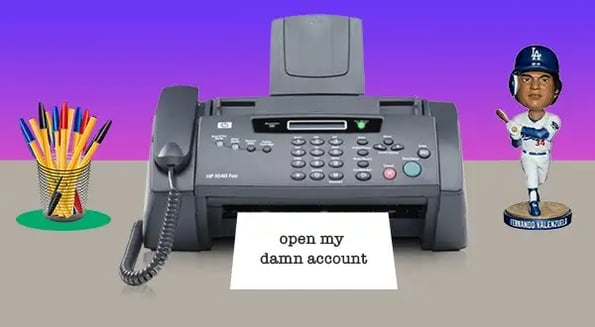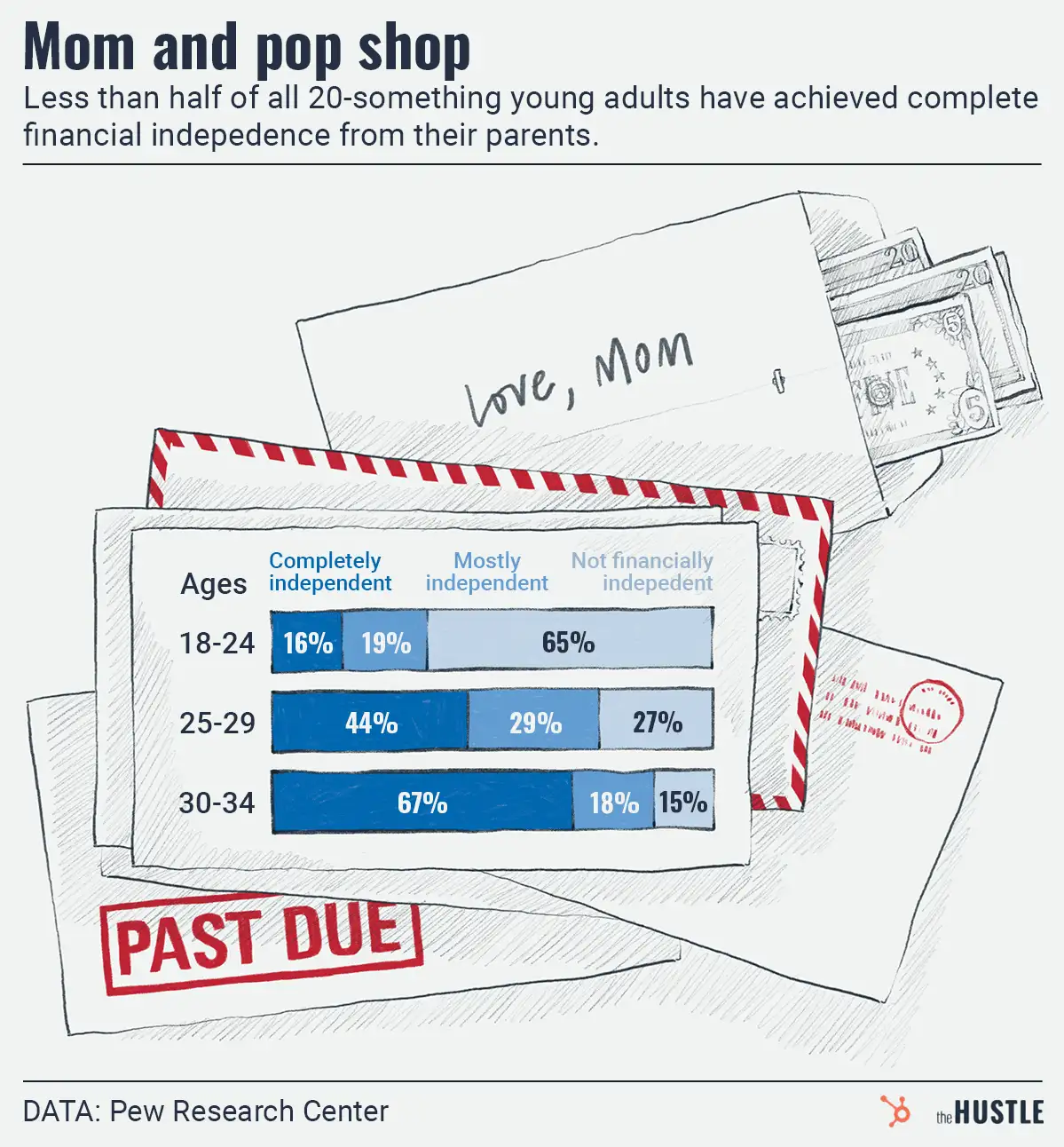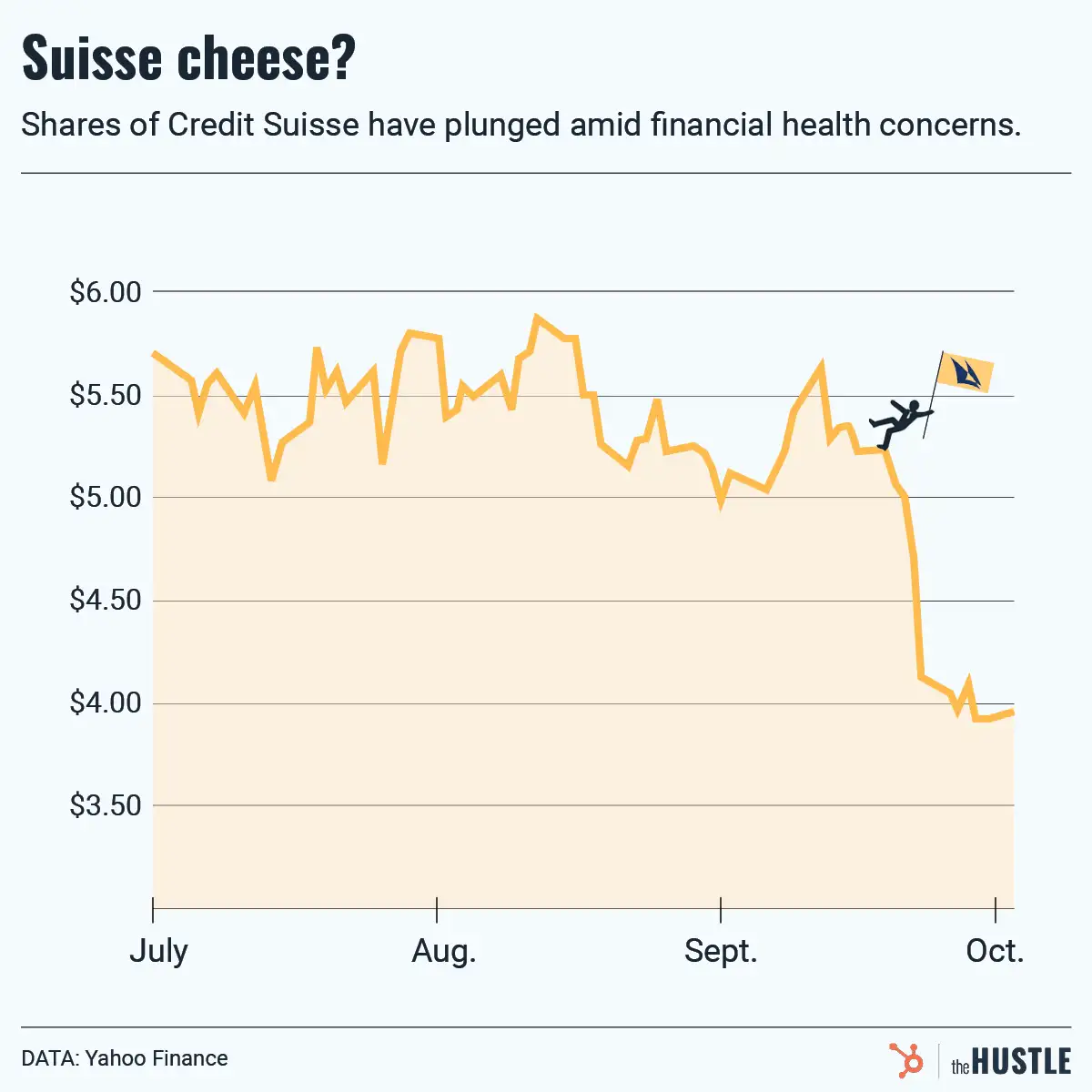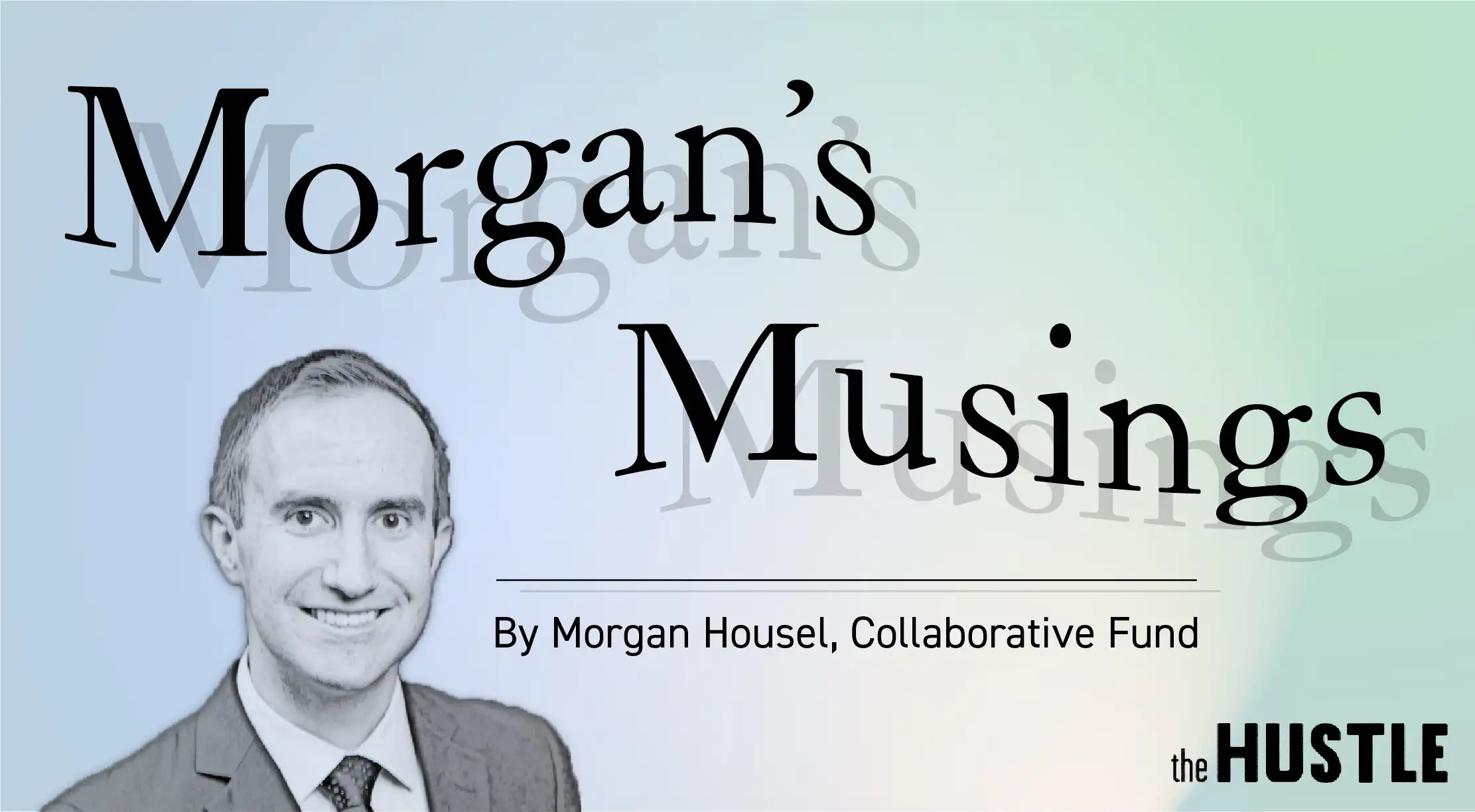“You still use a fax machine” is up there with “call me on your Nokia” as the most cliche way to burn someone for being tech illiterate.

In the bank industry, it’s not a joke… it’s reality.
Here are recent survey results from Stripe, the $100B fintech startup:
- 23% of businesses have to send a fax to open an account
- 55% are required to visit a branch in person to open it
- It takes 7 days on average for an online business to open an account
Actually, it is kind of a joke.
Enter Stripe Treasury…
… which moves at the speed of the internet. It’s a banking-as-a-service (BaaS) API that allows Stripe users to offer their own turnkey banking services.
Stripe has partnered with a number of banks (e.g., Goldman Sachs, Evolve Bank & Trust) to offer key solutions like creating customer accounts, storing money, earning interest, and paying bills.
Crucially, Stripe — widely noted for its ease of use (“just a few lines of code”) — is the touch point with nary a fax machine in sight.
Stripe Treasury is still invite-only
But it does have one big partner: Shopify, which offers Shopify Balance.
On its website, the Canadian ecommerce giant highlights the value-add of a BaaS product vs. going to a traditional bank:
- Get paid faster
- No hidden fees
- Plenty of perks (e.g., cash back and discounts)
No fax machines
Why the opportunity is massive
Take Shopify: It already has millions of customers paying for ecommerce services. With Stripe Treasury, it’s able to layer on another potential revenue stream in the form of banking services.
The larger trend of non-finance internet companies layering on fintech services (e.g., payments, lending, insurance, bank accounts) is called embedded finance.
Per VC firm Andreessen Horowitz, embedding finance for SaaS companies:
- can increase revenue per user of 2-5x
- improves margins
- makes the product stickier
Also last week, Stripe expanded its Stripe Capital product to allow users to build their own lending services. It won’t be long until “wait, you don’t use Stripe” becomes the cliche burn for companies living in the past.











